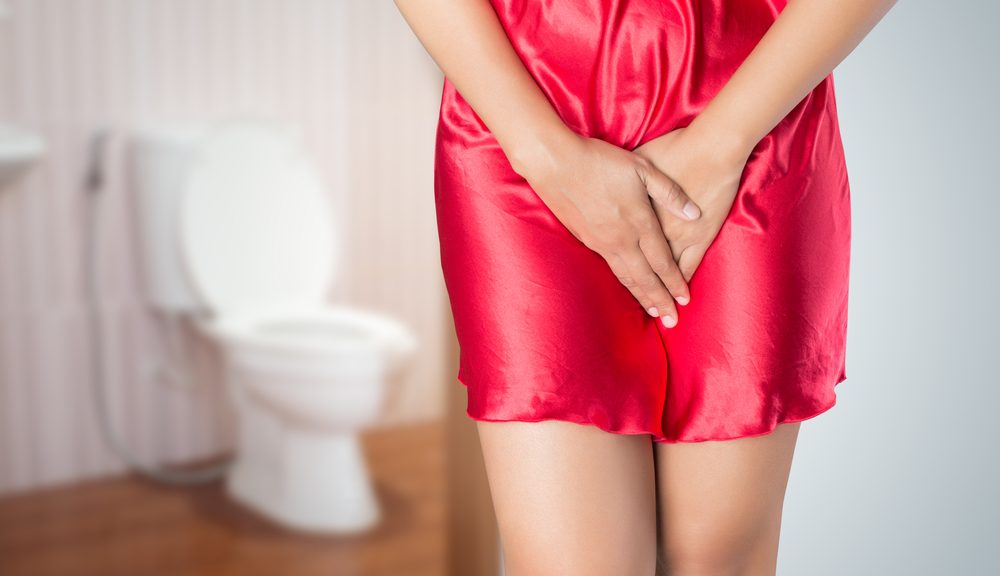
Tackle your Incontinence
In the UK, it is estimated that between three and six million people may have some degree of urinary incontinence, so isn’t it time we all found it a little easier to talk about?
Incontinence can have an impact on so many aspects of our health and wellbeing, from diet and exercise to travel plans and even sexual libido, but the first step to tackling these issues is to open up about this particular healthcare topic.
Alex Shaw, Marketing Manager for Ontex in the UK and Ireland comments, “In today’s modern society where so many topics are openly discussed, it’s astounding that incontinence is still such a taboo subject. Here at Ontex we want to help women to open up about it and share their thoughts and feelings with their friends and medical professionals.
“Here are our five top tips for managing incontinence.”
- Manage your fluid intake
Drinking sufficient fluids each day is essential for maintaining a healthy bladder. If you don’t drink enough your bladder will become overly sensitive. You should try to consume at least 1.5 to two litres (or six to eight glasses) of fluids each day.
- Avoid certain drinks
It is advisable to avoid certain types of drinks, such as tea, coffee and cola, as they contain caffeine which can irritate the bladder. An irritated bladder becomes overactive, which makes you feel as though you need to empty your bladder when it is not full.
- Eat healthily
Your diet should be balanced, not too high in fat, with plenty of fibre, and contain at least five portions of fruit and vegetables each day. Healthy eating is also important because being overweight can increase bladder problems.
- Give up smoking
There are a number of health risks associated with smoking. A ‘smokers cough’ can place extra pressure on the muscles of the pelvic floor, increasing your chances of experiencing stress incontinence.
- Stay hydrated
If you don’t drink enough your bladder will become more sensitive to smaller amounts of urine, which means you will go to the toilet more frequently.
Finally, remember it is a good idea to notify your GP if you are experiencing bladder weakness for the first time or if you already have bladder weakness and it has become worse.